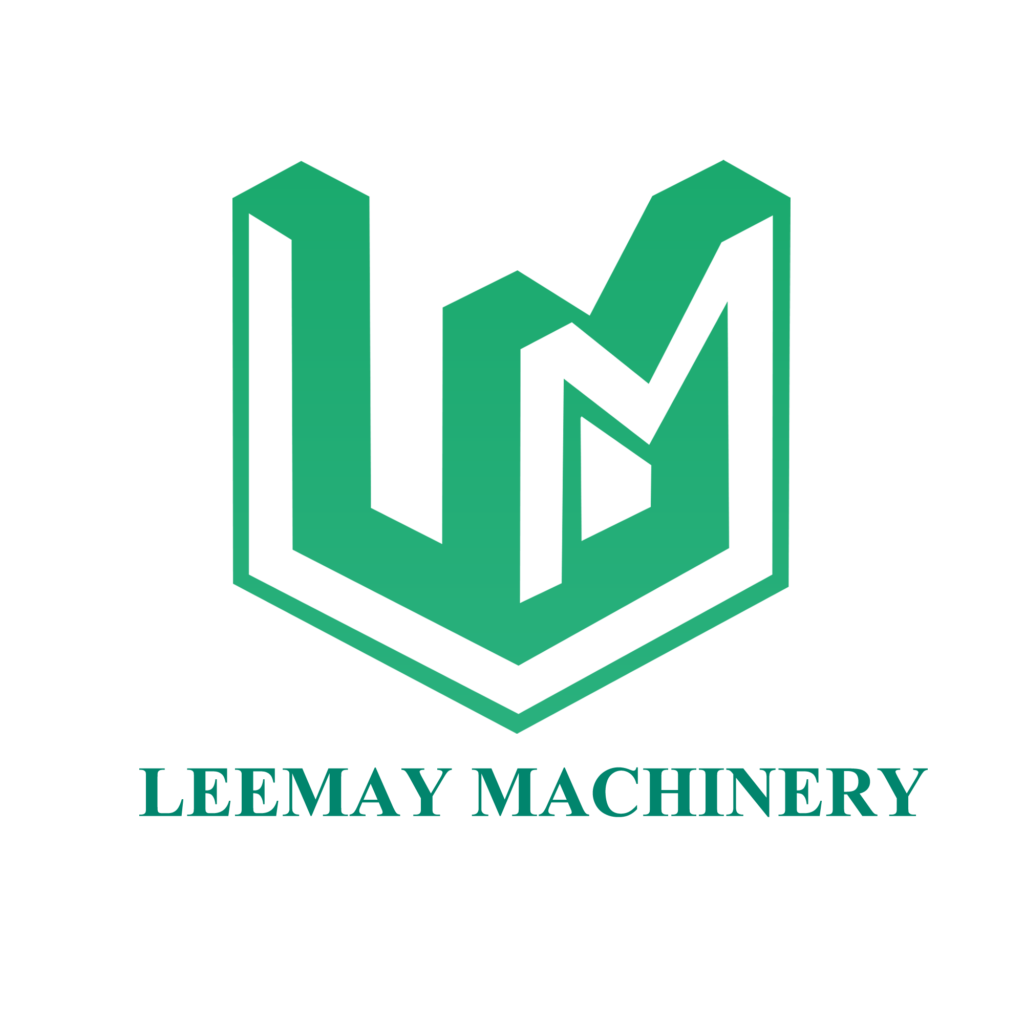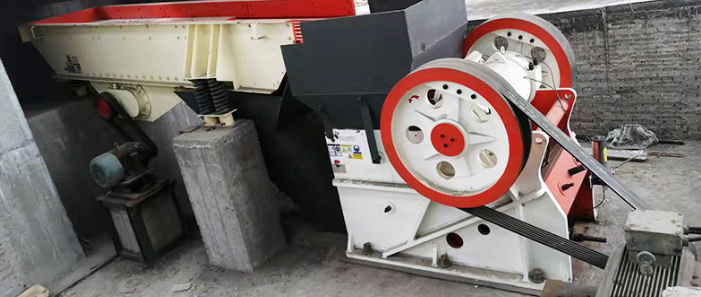The Jaw Crusher, also known as a jaw breaker, is a type of crusher that mimics the jaw movement of animals to complete material crushing operations. It has a wide range of applications in many industries such as mining, metallurgy, building materials, highway, railway, water conservancy, and chemicals.
The European Jaw Crusher, as an improved or specific type of Jaw Crusher, may have some unique features in design and performance.
Here are the main differences between them:
I. Design and Structure
Traditional Jaw Crusher:
It mainly consists of a fixed body, a rotating body, a safety device, an adjustment device, and other components. Typically it has a large crushing chamber suitable for processing various hardnesses of ore and rock. The movable jaw’s movement trajectory may be a simple arcuate swing or a combination of arcuate swing and vertical movement.
European Jaw Crusher:
It focuses more on energy conservation and environmental protection in design, utilizing advanced materials and manufacturing processes, some of which have optimized crushing chamber shapes and moving jaw movement trajectories to improve crushing efficiency and reduce energy consumption. It is equipped with more advanced control systems and monitoring equipment for more precise crushing and higher automation levels.
II. Performance and Characteristics
Traditional Jaw Crusher:
It has the features of a large crushing ratio, uniform product particle size, simple structure, reliable operation, easy maintenance, and economical operating costs, which is suitable for coarse, medium, and fine crushing of various medium-hard ores and rocks with compressive strengths not exceeding 320 MPa.
European Jaw Crusher:
While maintaining the advantages of traditional Jaw Crushers, European type jaw crusher offers higher crushing efficiency and lower energy consumption.
Due to the use of advanced manufacturing processes and materials, it has a longer service life and lower maintenance costs.
Some European Jaw Crushers also have better noise and dust control capabilities to meet stricter environmental requirements.
III. Application Fields
Traditional Jaw Crusher:
It is widely used in industries such as mining, metallurgy, building materials, highway, railway, water conservancy, and chemicals, mainly for processing various hardnesses of ore and rock, as well as construction waste and other waste materials.
European Jaw Crusher:
In addition to traditional application fields, the European jaw crusher is more suitable for situations with higher requirements for crushing efficiency and environmental protection. For example, in large mines and construction waste processing plants, European Jaw Crushers have more significant advantages.
In summary, there are certain differences between Jaw Crushers and European Jaw Crushers in terms of design and structure, performance and characteristics, and application fields. The specific type of crusher to choose depends on actual production needs, material characteristics, and budget considerations.


Leave a Reply